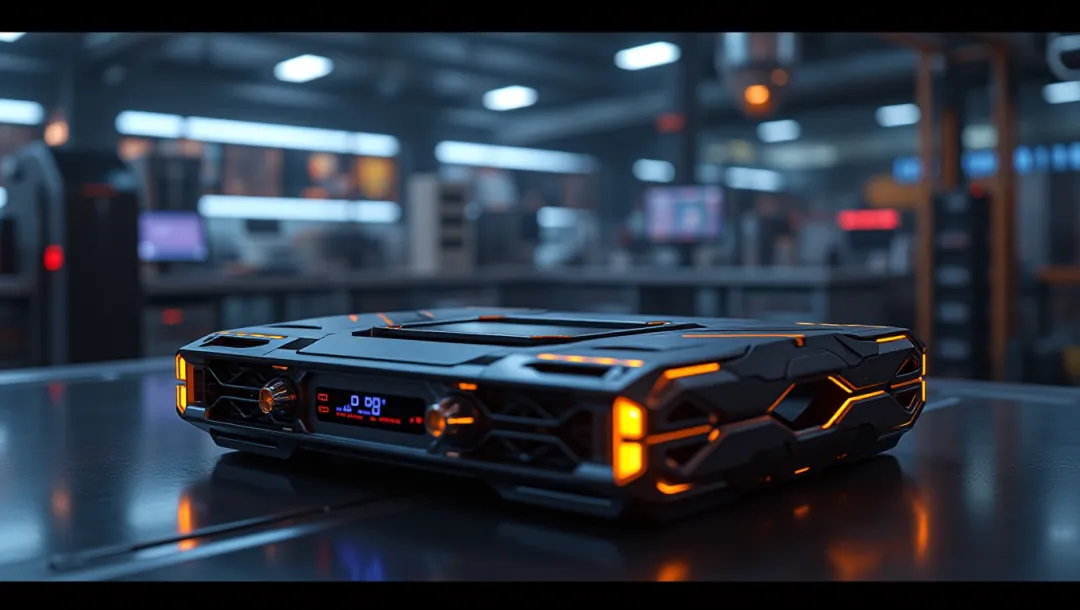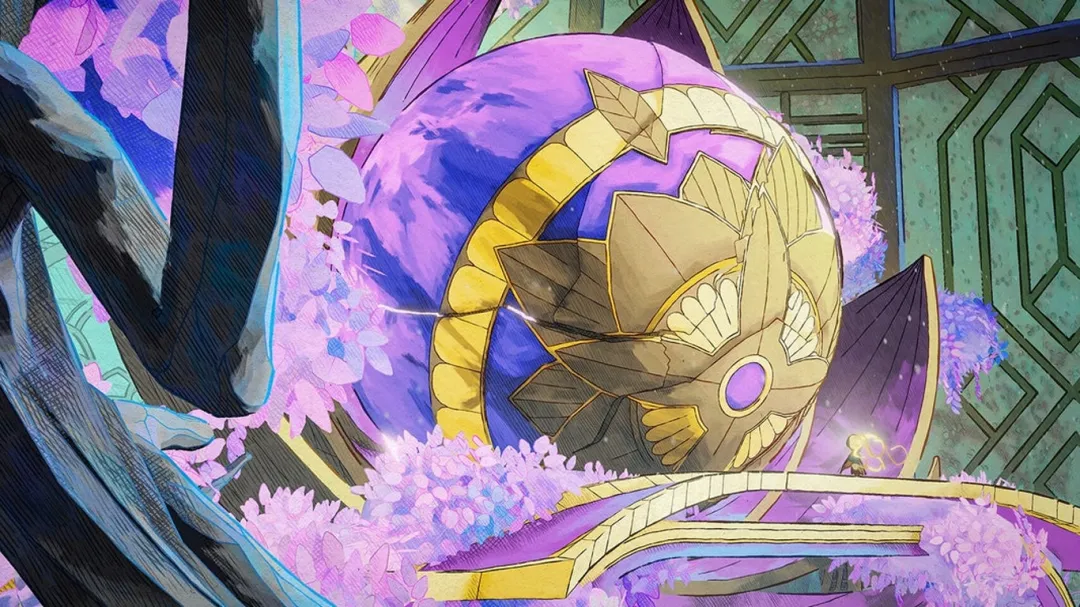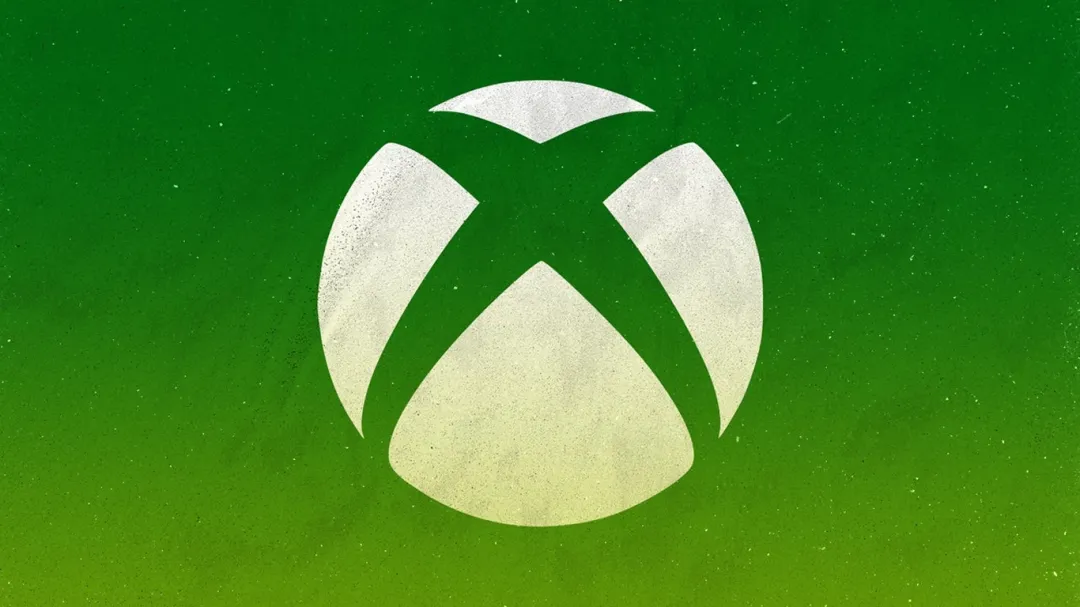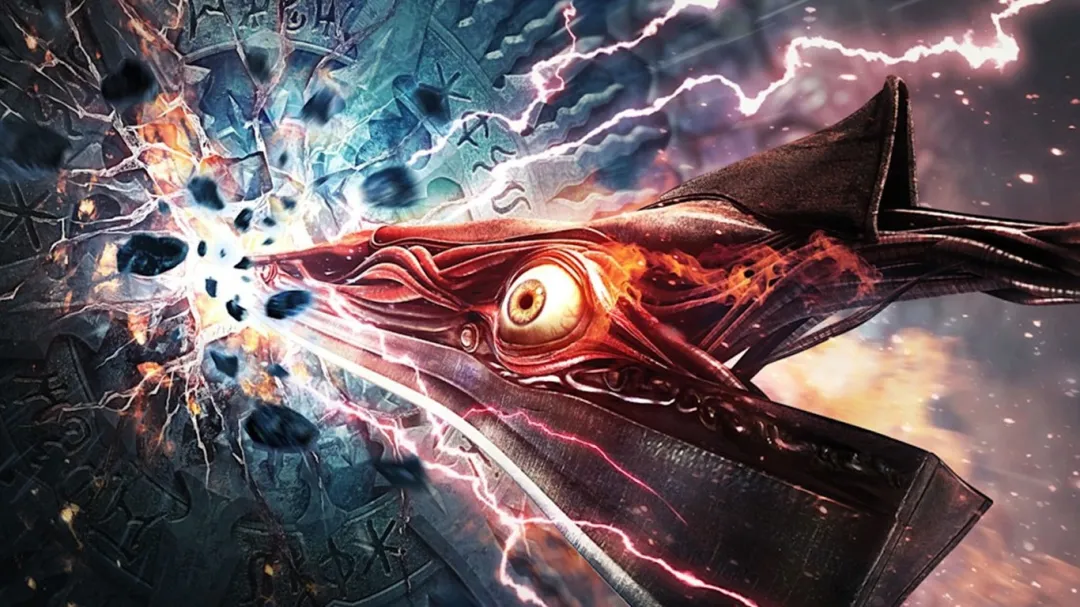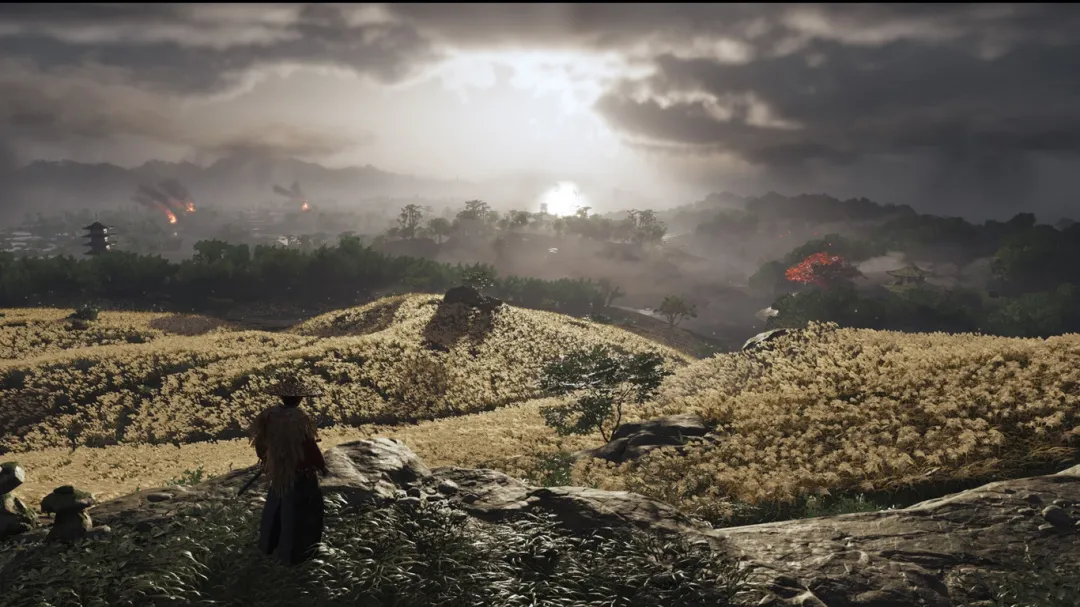Hollywood Masters Video Game Adaptations

Los Angeles serves as the epicenter where Hollywood studios have recently refined the craft of adapting video games into film and television. Productions such as The Last of Us and Minecraft have been praised for their polished storytelling, visual effects, and broad appeal, marking a notable shift in the industry.
However, media scholars and critics argue that these sophisticated adaptations lack the raw, awkward charm that characterized early video game adaptations. Unlike earlier attempts, which often featured uneven narratives and uninhibited creativity, current productions favor mainstream appeal and narrative coherence, potentially sacrificing originality.
Dr. Emily Hart, a media studies professor at the University of Southern California, highlighted in a recent interview that the evolution represents Hollywood’s desire to legitimize video game adaptations as serious entertainment but at the cost of unique genre quirks that cultivated passionate fanbases.
As the trend continues, audiences and industry insiders remain divided. While improved production values attract wider viewership, some fans miss the unconventional storytelling and experimental approaches that once set video game adaptations apart.
This emerging consensus suggests that Hollywood’s newfound mastery, though beneficial commercially, raises questions about the cultural identity and creative risks associated with adapting interactive gaming narratives into passive viewing experiences.

